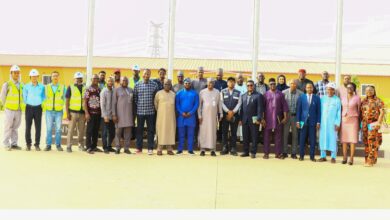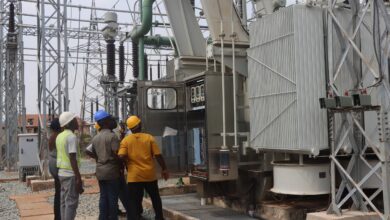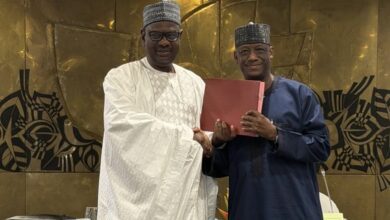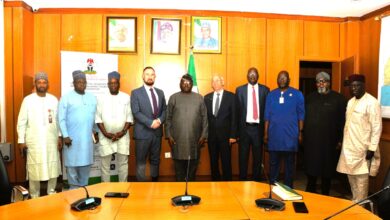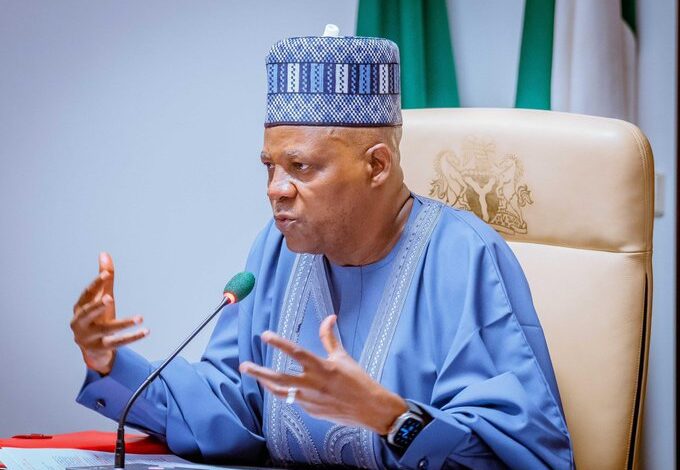
The Federal Government of Nigeria has announced measures to speed up the decentralization of the national grid, with a view to putting an end to incessant collapse that has plunged some states in the North into total darkness.
Vice President Kashim Shettima announced the measures on Thursday while presiding over the National Economic Council (NEC) meeting at the Presidential Villa in Abuja.
Senator Shettima listed some of the measures for the decentralization of the national grid to include the establishment of mini-grids, solar and renewable energy sources like solar photovoltaic and wind turbines.
He stressed the urgent need for the implementation of the Nigeria Energy Sector Implementation Plan (NESIP), emphasizing that the energy sector must embrace the potential of renewable energy, as well as leverage solar and mini-grid solutions designed to meet regional electricity demands.
The VP, in a statement by his Senior Special Assistant on Media and Communications, Stanley Nkwocha said, “A robust economy is the backbone of every nation. The recent blackouts caused by the actions of vandals remind us of our urgent need to expand our energy infrastructure. I believe the governors here would agree that the decentralisation of electricity is our path forward.
“We will continue to promote the constitutional framework that empowers constituent states within the Nigerian federation to generate, transmit, and distribute electricity in areas covered by the national grid. Together, we can make instability a relic of the past.
“Furthermore, our energy sector must embrace the potential of renewable energy. We must leverage solar and mini-grid solutions tailored to regional needs. I urge the Council to support the implementation of the Nigeria Energy Sector Implementation Plan (NESIP).
“If we capitalise on our diverse regional energy resources—from northern Nigeria’s solar potential to the south’s gas reserves—we can build a resilient, decentralised energy system that drives growth and empowers our communities.”



